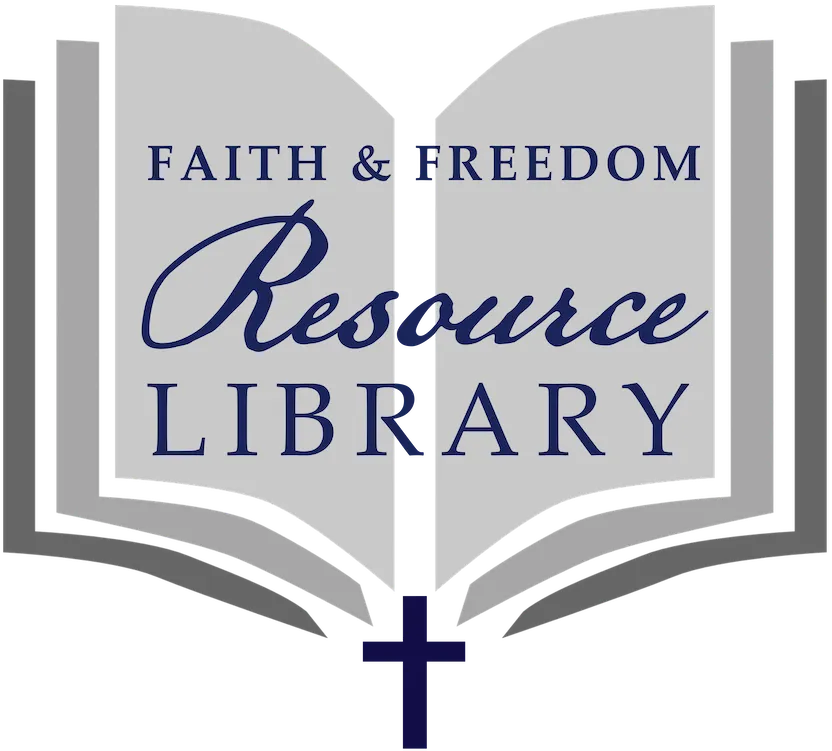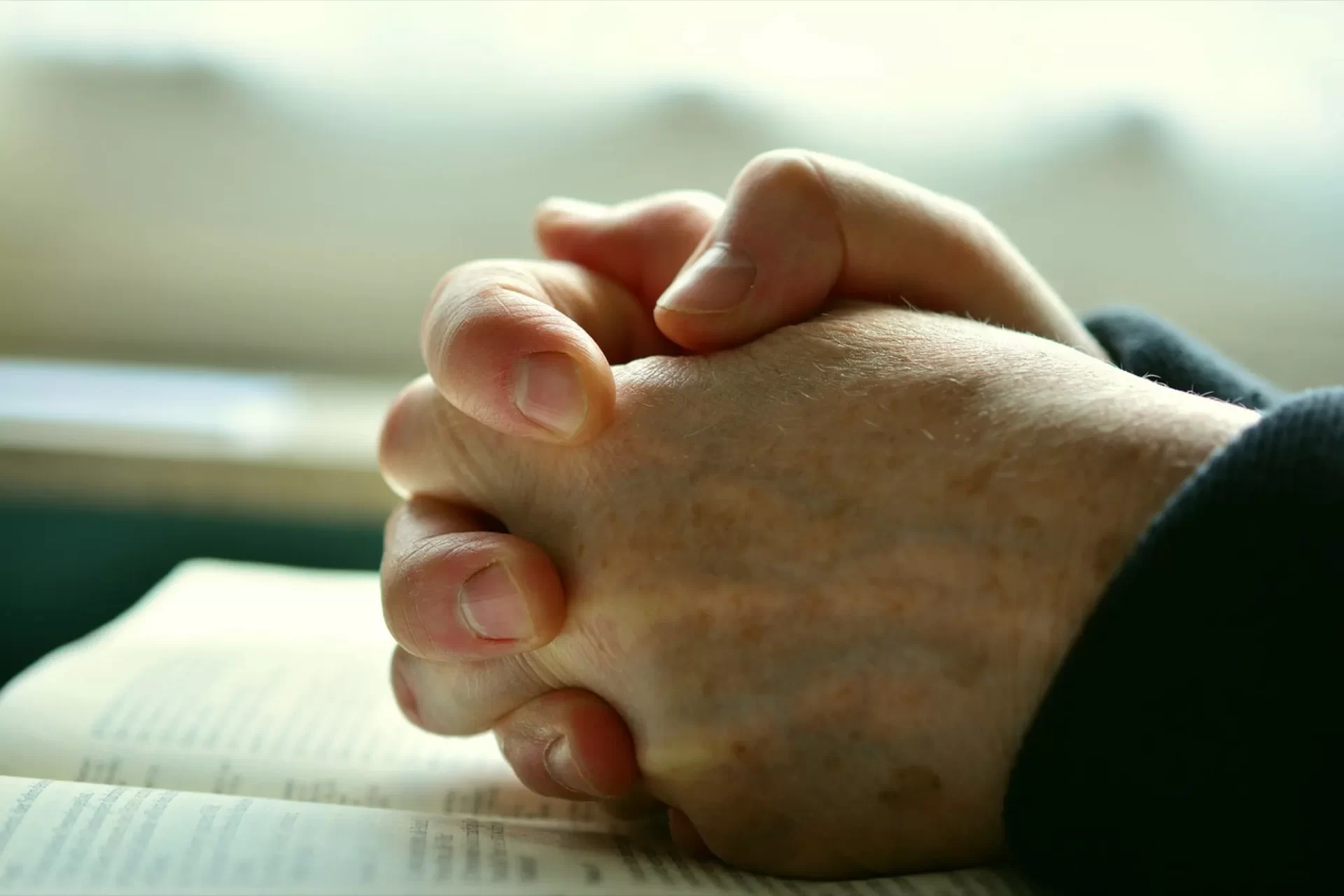By Daniel Wright
“You shall appoint judges and officers in all your gates…and they shall judge the people with just judgment. You shall not pervert justice; you shall not show partiality, nor take a bribe, for a bribe blinds the eyes of the wise and twists the words of the righteous. You shall follow what is altogether just…” (Deuteronomy 16:18-20)
“Also it shall be, when he sits on the throne of his kingdom, that he shall write for himself a copy of this law in a book, from the one before the priests, the Levites. And it shall be with him, and he shall read it all the days of his life, that he may learn to fear the Lord his God and be careful to observe all the words of this law and these statutes, that his heart may not be lifted up above his brethren, that he may not turn aside from the commandment to the right hand or to the left, and that he may prolong his days in his kingdom, he and his children in the midst of Israel” (Deuteronomy 17:18-20)
“When all that generation had been gathered to their fathers, another generation arose after them who did not know the Lord nor the work which He had done for Israel. Then the children of Israel did evil in the sight of the Lord…In those days there was no king in Israel; everyone did what was right in his own eyes…” (Judges 2:10-11; 17:6; 21:25)
“…to the judges, ‘Take heed to what you are doing, for you do not judge for man but for the Lord, who is with you in the judgment.’ ” (2 Chronicles 19:6)
“Now therefore, be wise, O kings; Be instructed, you judges of the earth. Serve the Lord with fear, and rejoice with trembling. Worship the Son, lest He be angry, and you perish in the way, when His wrath is kindled but a little. Blessed are all those who put their trust in Him” (Psalm 2:10-12)
“Blessed is the nation whose God is the Lord, The people He has chosen as His own inheritance” (Psalm 33:12)
“Her princes in her midst are roaring lions; Her judges are evening wolves that leave not a bone till morning” (Zephaniah 3:3)
“Are you the teacher of Israel, and do not know these things?” (John 3:10)
“Therefore, the One whom you worship without knowing, Him I proclaim to you: God, who made the world and everything in it…He has made from one blood every nation of men to dwell on all the face of the earth, and has determined their pre-appointed times, and the boundaries of their dwellings, so that they should seek the Lord, in the hope that they might grope for Him and find Him, though He is not far from each one of us; for in Him we live and move and have our being, as also some of your own poets have said, ‘For we are also His offspring…Truly, these times of ignorance God overlooked, but now commands all men everywhere to repent, because He has appointed a day on which He will judge the world in righteousness by the Man whom He has ordained. He has given assurance of this to all by raising Him from the dead” (Acts 17:23-24, 26-28, 30-31)
“If there is no absolute by which to judge society, society is absolute.” So said Francis Schaeffer four decades ago. Coupled with his predictions that the Supreme Court would supply authority in the vacuum of a post-Christian society through ever-changing social laws, he could have been reading this week’s headlines. As Schaeffer also once said, no state “can tolerate those who have an absolute by which to judge that state and its actions.” That is the heart of this latest controversy over “religious neutrality.” It is not about Supreme Court Justice Antonin Scalia,[1] though some would like it to be, and “Nino” enthusiastically embraces his role as a favorite punching bag among those who defend the almost-Divine infallibility of the Court. It is about reminding anyone remotely paying attention of what used to be universally known and understood: The Imperial Judiciary has no clothes. Having abandoned the very essence of what judges are supposed to do, the Court’s apologists are hoping beyond hope nobody points out what is obvious to most. The Court’s standard operating procedure these days displays a regular lack of legitimacy with an accumulating series of arbitrary actions.
By recalling for us truths from our own history, Justice Scalia is redirecting the public discourse back toward fundamentals.[2] Even worse for his opponents, he said these things before a group of American high-schoolers, a demographic supposed to be exclusively imbibing the doctrines of State inerrancy.[3] What should a Christian person think of all this? How can neutrality be a bad thing? The devil remains in the definition. As Scalia notes, while the Court dreams of things that never were and asks “Why not?” (like Shaw’s “Back to Methuselah”), the same Court conveniently overlooks who was asking the question. As Justice Scalia points out to the high-schoolers, in Shaw’s play it was a certain serpent asking this of a certain woman. That woman was Eve.
Court supremacists enjoy pointing out the Deistic and even unorthodox beliefs of the Founders who, they argue, would have wanted “religious neutrality” to prevent those annoying Christian people from proselytizing in politics. They just can’t name any specific names. The closest candidate any can identify would be the radical exception of Thomas Paine, whose influence ended with his enthusiasm for bashing Christianity and leaving American ideals for humanist France.[4] Pinning down what the Founders were religiously is but a distraction from the undeniable main point that the essentials of the Christian worldview are what inspired them to write and to accomplish what they did.[5] How can the same people who wrote the Virginia Statute of Religious Freedom and the First Amendment (“Congress shall make no law respecting an establishment of religion or prohibiting the free exercise thereof”), among many other similar provisions in law, be the poster children of the Court’s selectively applied test of “religious neutrality” today?
When Thomas Jefferson wrote the Statute of Religious Freedom that would become law in 1786, he was not fighting religious instruction but rather the establishment of one Church in Virginia. His defense of each individual’s natural right to freely observe the dictates of conscience is possible only in a Christian worldview. It is the antithesis of the current Court’s “neutrality” requirement. The Court cannot claim Jefferson’s mantle by barring anyone, as it does, from convictions which it deems unfit or unacceptable (i.e., Christianity). Jefferson would say one is just as free to learn about Christ in school as anything else while the Court says this freedom no longer exists.[6] Even the supposed foremost Deist among the Founders, Benjamin Franklin, declared that most non-Deistic of convictions,
“I have lived, Sir, a long time, and the longer I live, the more convincing proofs I see of this truth- that God governs in the affairs of men. And if a sparrow cannot fall to the ground without His notice, is it probable that an empire can rise without His aid? We have been assured, Sir, in the sacred writings, that “except the Lord build the House they labour in vain that build it.” I firmly believe this; and I also believe that without his concurring aid we shall succeed in this political building no better, than the Builders of Babel: We shall be divided by our little partial local interests; our projects will be confounded, and we ourselves shall become a reproach and bye word down to future ages. And what is worse, mankind may hereafter from this unfortunate instance, despair of establishing Governments by Human wisdom and leave it to chance, war and conquest. I therefore beg leave to move-that henceforth prayers imploring the assistance of Heaven, and its blessings on our deliberations, be held in this Assembly every morning before we proceed to business.”[7]
How can it be “neutral” for the Court to declare certain kinds of religious instruction, most conspicuously Christianity and the Bible, are not constitutionally protected in schools while everything else is, including the religion of supreme State authority? What kind of umpire calls strikes for only one team? How does “neutrality” retain any objective meaning in law or in fact under such a regime? A Biblical perspective recognizes that for living in reality to be rationally possible, words must have definite meanings. When the Court engages in the removal of Christian instruction, that is anything but “neutral.”
Scalia is simply calling attention to the absurd juxtapositions the Court has imposed on the rest of us with a virtually unlimited legal protection for the faith of humanist autonomy. Calling it “neutrality” does not change a very active, even proactive, participation by the Court in what society is supposed to know about God and the ability to honestly distinguish between right and wrong in government or culture. The State is God, these “neutrality” proponents seem to insist, and thus Christians owe their complete obedience to it. Is that so? How can there be any grounds for criticism of government acts without some higher yardstick of the lawful limits of authority? Whether the wrongs are done by entire nations, in the deeds of kings, in the decisions of judges, or in the conduct of administrators, without some objective basis for right and wrong, anything goes. Society becomes absolute, as Schaeffer said it would. The Court’s majority with “religious neutrality” is but hastening that legal and social train wreck.
On what basis could John condemn Herod for having his brother’s wife, if there is no absolute above that of the State? Did Christ not expect the thorough religious training of Nicodemus to prepare him for belief in the Son with all that this meant toward the older man’s influence on the Council? Did Paul recognize “religious neutrality” when he spoke to the elites of his day on the Areopagus of Athens, saying, God “has made from one blood every nation of men… so that they should seek the Lord”? Or when Paul gave the provincial governor Felix instruction in “righteousness, self-control, and the judgment to come,” was it not to impact personal behavior and public actions?
Do not each of these examples indicate government is accountable to something greater than itself? We are witnessing the kind of government we get when the Court appoints itself the final arbiter of what is and what is not the approved measure of distinguishing evil from good. It is a prelude to anything and everything the State wants to do. Nothing can be wrong. As a previous member of the Court once said, “When the state encourages religious instruction … it follows the best of our traditions.”[8] Those traditions are valid not merely out of some pragmatic interest in half-hearted utilitarianism, but because Christian instruction equips individuals as well as nations in the most basic understanding of rightness and wrongness. In it we learn the truth about God, humanity made in His image, the world’s role, the sacrifice of His Son to save us, and the only basis for advancing what is genuinely good, and overcoming what is real evil. This is not entirely the Court’s fault. Blame also falls to the Church for sitting by quietly when it could be engaging the culture.
People act in accordance with the way they think. Even the Court knows there is a direct correlation between knowledge, belief, and behavior. This is why suppressing Christian instruction and abridging the free exercise of religion, via the doctrine of “religious neutrality,” is so precious to the Court’s majority.
The Book of Judges makes plain what happened when a new generation not knowing the Lord did evil in His sight. Doing what was right in each person’s own eyes – each one his or her own source of absolutes – led to the violence, chaos, and unraveling of the very fabric of society. By keeping the measure grounded on God’s revealed basis of right and wrong, rather than randomly assigning it to the wishes of a Court majority, the Christian can know (thanks to instruction in objective truth), judge, and speak out against the actions of the State. By targeting the knowledge of God’s standards, academics, judges, legislators, and administrators can finally do what they wish with impunity, freed of those inconvenient reminders that they too will have to give account one Day to The Supreme Judge of the Universe. Instead of rejoicing at our open-minded tolerance for the Court’s actions, papered as they are in the thinnest veneer of legality, we should be just as ashamed as Corinth that many stand so close to eternity without the knowledge of God. Either we know the truth and have the courage to say it or our silent complicity reveals how much we disbelieve it.
[1] Associated Press, “Scalia dismisses religious neutrality: ‘nothing wrong’ with state invoking God,” January 2, 2016, http://www.theguardian.com/law/2016/jan/02/supreme-justice-antonin-scalia-dismisses-religious-neutrality.
[2] Rebecca Santana, “Scalia dismisses concept of religious neutrality in speech,” January 2, 2016, http://bigstory.ap.org/article/275ecd74694f4fcb8faba72f4ed33ec7/scalia-dismisses-concept-religious-neutrality-speech.
[3] Archbishop Rummel High School, Metairie, Louisiana, http://www.rummelraiders.com/justice-scalia-speech.html.
[4] Dave Miller, “Thomas Paine Lost His Common Sense,” http://www.apologeticspress.org/apcontent.aspx?category=7&article=2605.
[5] Mark David Hall, “Did America Have a Christian Founding?” June 7, 2011, http://www.heritage.org/Research/Lecture/2011/06/Did-America-Have-a-Christian-Founding.
[6] Brian Walsh, T. J. Whittle, Garrett Bauman, “Jefferson’s Robust Views of Religious Freedom,” December 17, 2012, http://www.thepublicdiscourse.com/2012/12/7382/.
[7] Farrand, supra n.3, vol. 1, 451 (Madison’s Notes on the Convention), see digitized pages at the Library of Congress page, https://memory.loc.gov/cgi-bin/query/r?ammem/hlaw:@field%28DOCID+@lit%28fr001136%29%29.
[8] Kay Reckdahl, “Scalia Criticizes Other Justices Over Meaning of Religious Freedom,” The New Orleans Advocate, January 2, 2016, http://www.theneworleansadvocate.com/news/14458719-98/scalia-criticizes-other-justices-over-meaning-of-religious-freedom.










